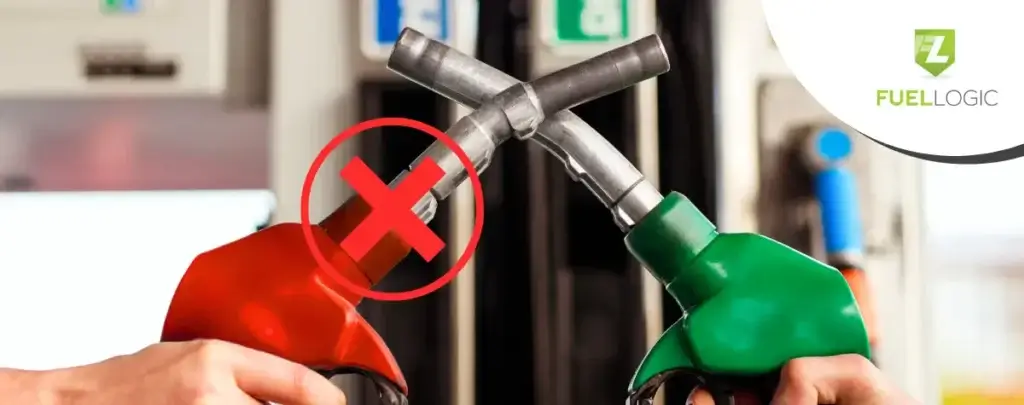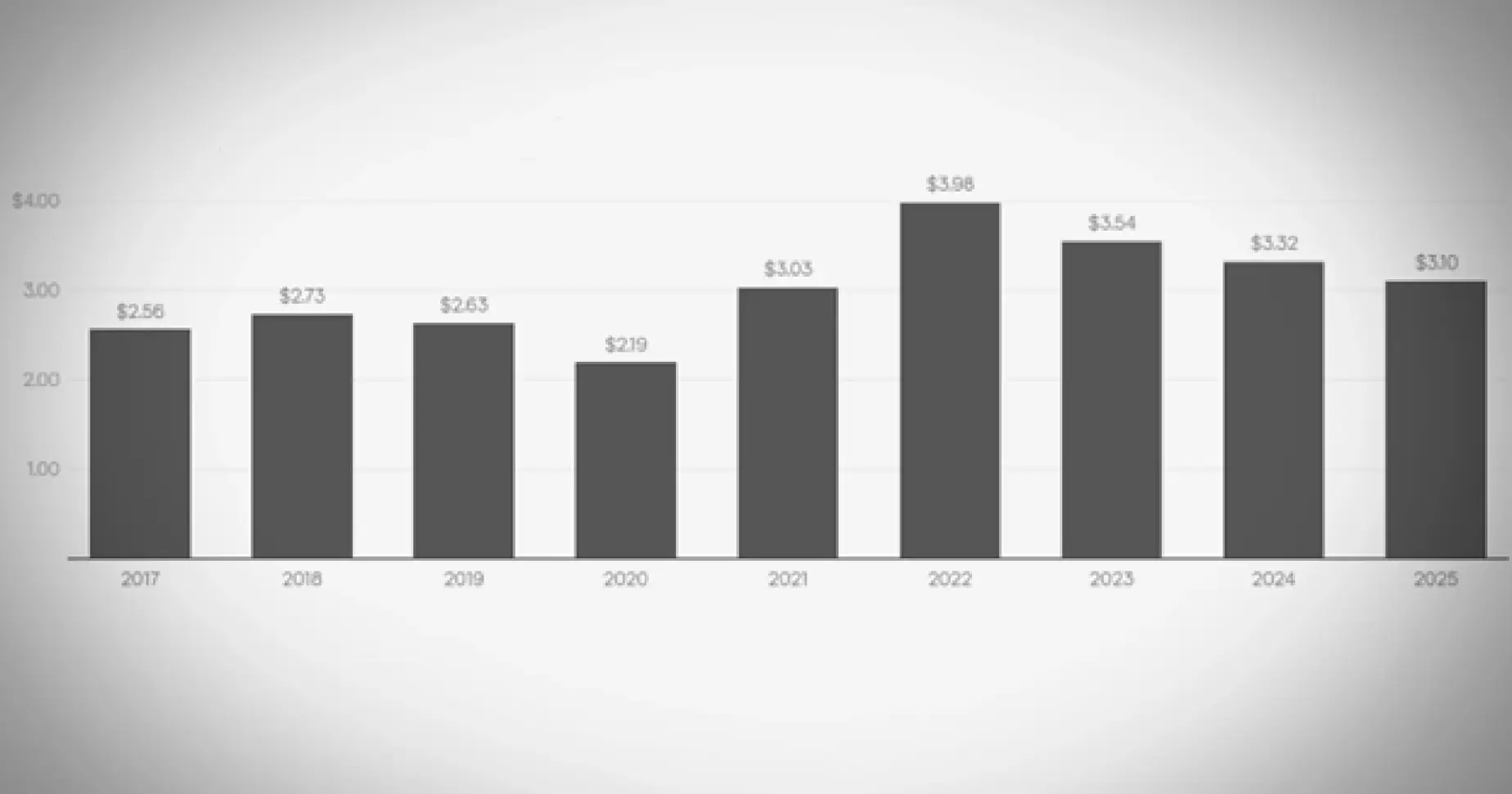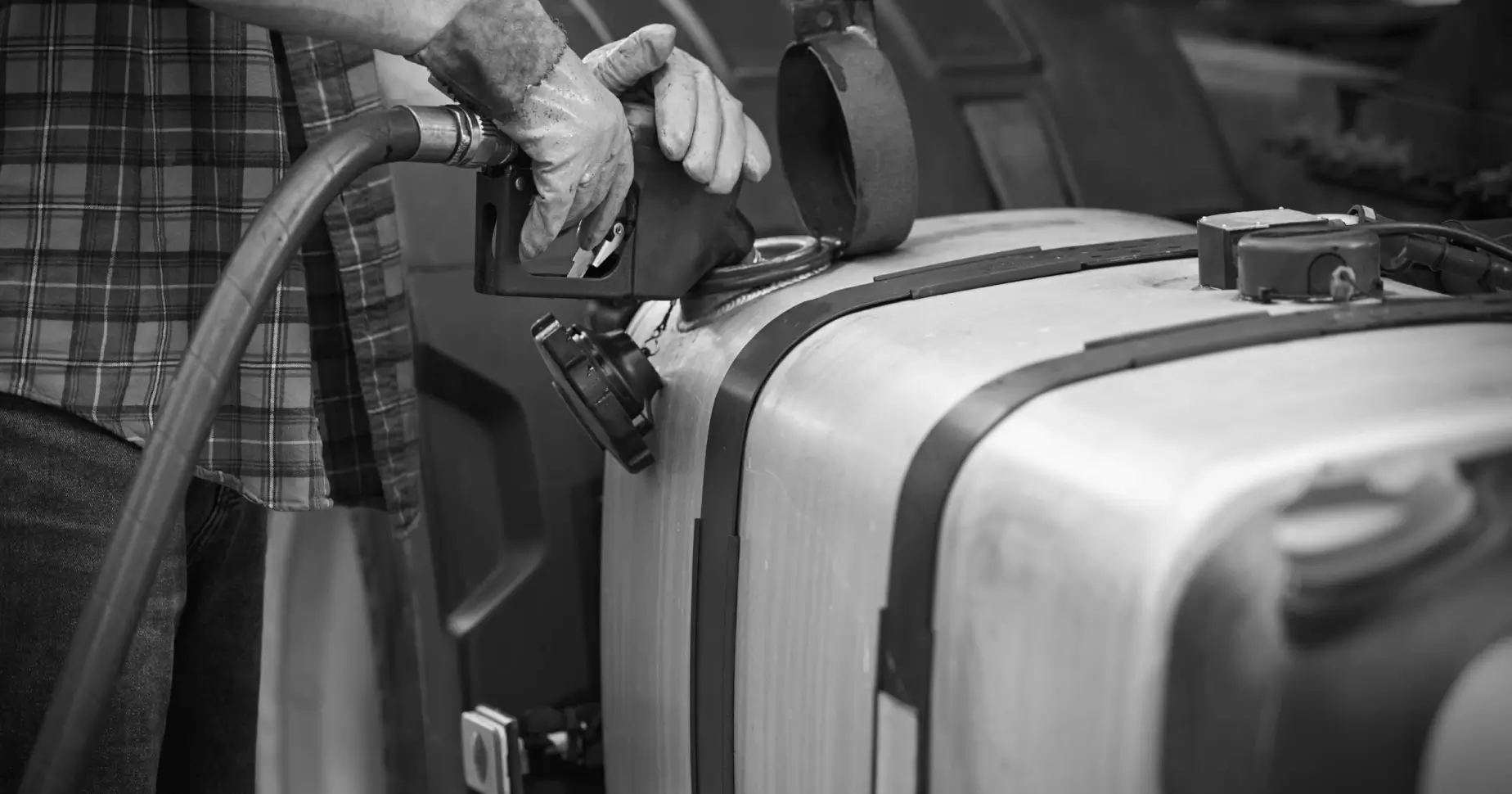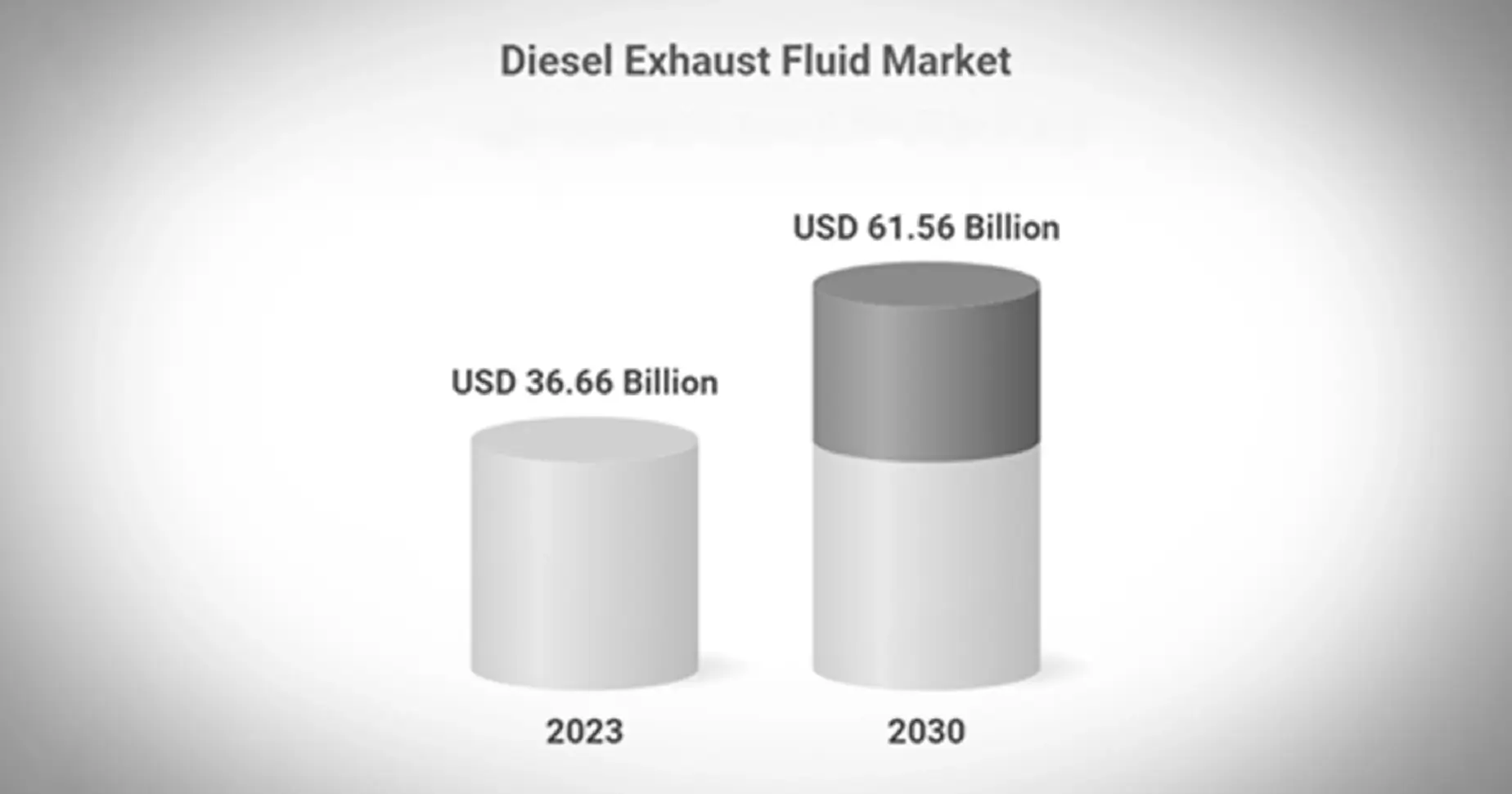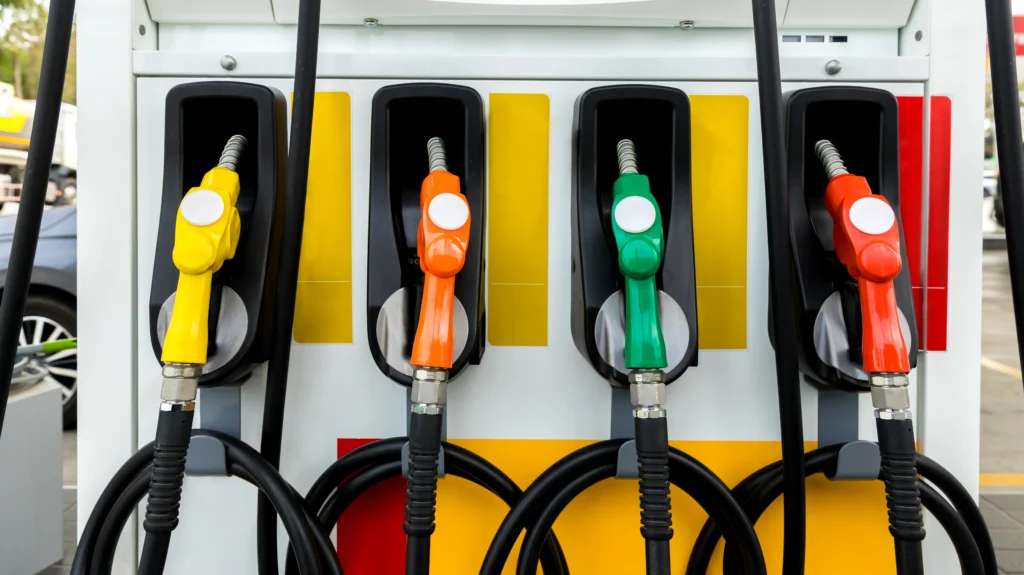
Using the correct fuel is vital for diesel engines due to their unique combustion process. It prevents engine damage, maintains efficiency, and adheres to manufacturer specifications. But what happens if you put gas in a diesel engine? Severe damage can occur when gasoline is mistakenly used in a diesel engine. Gasoline doesn’t ignite as readily as diesel fuel in compression engines, leading to misfiring, reduced engine power, and potential stalling.
Additionally, gasoline lacks the lubricating properties of diesel fuel, causing increased friction and wear on engine components. This can result in costly repairs, including damage to fuel injectors, pistons, and the fuel pump.
Difference Between Diesel Engines and Gasoline Engines
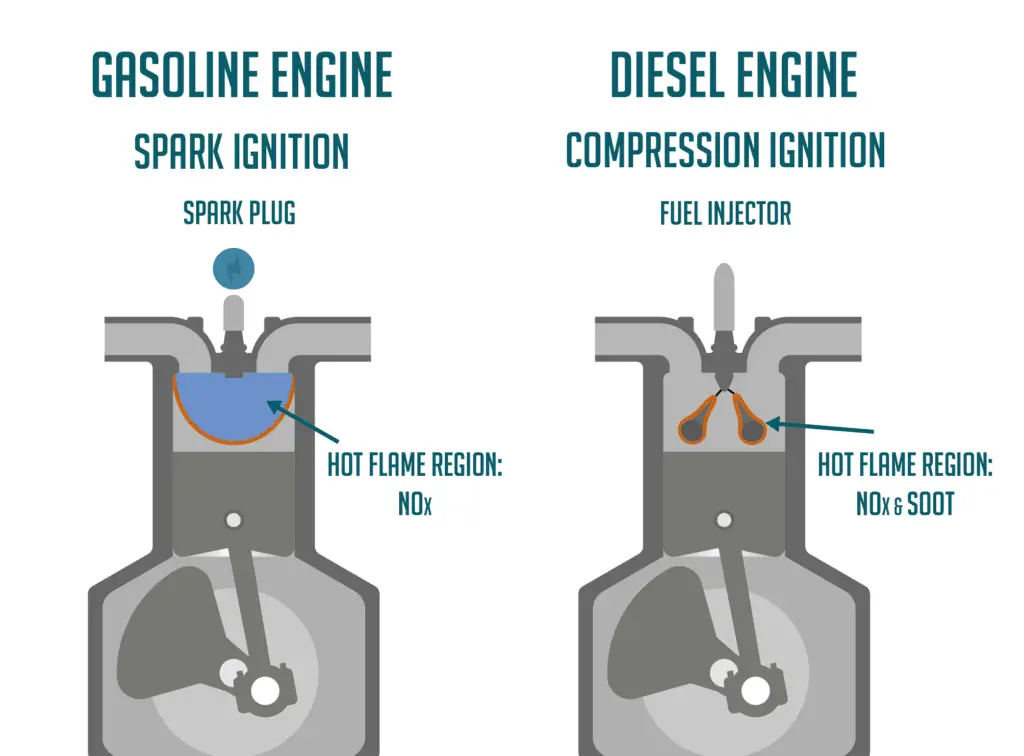
The difference between gas and diesel engines is primarily their fuel ignition methods. Diesel engines utilize compression ignition, where air is compressed to a high temperature, causing different types of diesel fuel to ignite upon injection. In contrast, gasoline engines rely on spark ignition, where a spark plug ignites a precisely mixed fuel-air mixture. These differences matter as they affect engine efficiency, power output, and emissions.
Diesel and gasoline have distinct chemical properties. Diesel is heavier and less volatile, composed of longer hydrocarbon chains, while gasoline is lighter and more volatile, containing shorter hydrocarbon chains. These properties influence combustion characteristics, with diesel providing better torque and fuel efficiency, while gasoline offers higher power output and smoother operation.
Gasoline and diesel fuels are not interchangeable due to differences in ignition requirements and combustion characteristics. Using gas in a diesel engine can result in significant harm due to improper ignition and incomplete combustion, potentially leading to engine malfunction or failure. Therefore, using the correct fuel for each engine type is crucial to prevent damage to engine components.
What Happens If You Put Gas in a Diesel Engine?
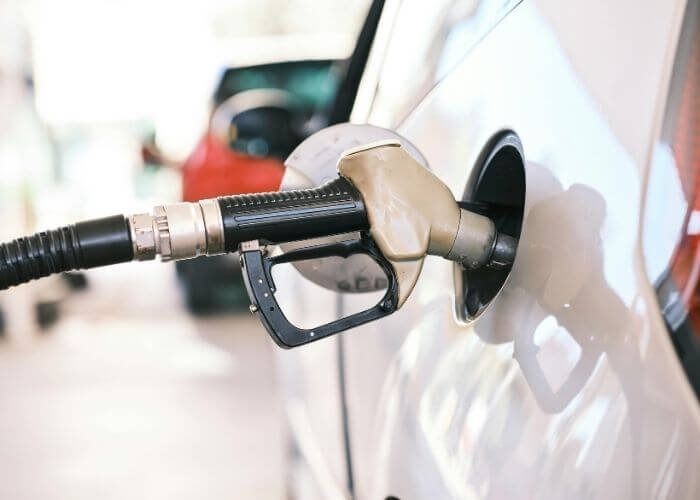
Have you ever thought or wondered what would happen if “I put gas in my diesel truck” or “Can I use gasoline oil in a diesel engine?”. Well, it’s a complete no-no situation.
Putting gas in a diesel engine can lead to significant mechanical issues and potentially costly repairs. Diesel engines rely on compression ignition, while gasoline engines use spark ignition. Gasoline in a diesel engine can lead to misfiring, loss of power, and potentially stalling due to the differences in combustion properties.
Long-term damage can be extensive, as gasoline lacks the lubricating properties of diesel fuel, leading to increased wear on engine components such as the fuel pump and injectors. Additionally, gasoline can cause damage to the fuel system seals and injectors due to its solvent properties, leading to leaks and decreased efficiency.
Mixing gas in a diesel engine can lead to extensive downtime and significant financial losses for businesses relying on these engines for operations. So, never use gas in a diesel engine, and ensure that only diesel-compatible oils are used to maintain optimal engine performance and longevity.
How to Diagnose Gasoline Contamination in Diesel Engines
Gasoline contamination in diesel engines can present itself through various signs and symptoms, indicative of a potentially serious problem. One of the most noticeable indicators is the emission of unusual noises from the engine, such as knocking or pinging sounds, which can occur due to the mismatch between the fuel type and the engine’s design.
Additionally, smoke emanating from the exhaust may appear lighter in color compared to the normal diesel exhaust, often exhibiting a bluish tint, which is a characteristic of incomplete combustion associated with gasoline presence. Another common symptom is a noticeable decline in engine performance, including reduced power output, rough idling, and hesitation during acceleration, all of which can result from improper fuel combustion and decreased efficiency.
Professionals employ several methods to diagnose the presence of gas in a diesel engine effectively. Initially, they conduct a visual inspection of the fuel system components, including fuel filters, injectors, and lines, searching for any signs of gasoline residue or damage. Furthermore, technicians may perform fuel tests to analyze the composition and properties of the fuel in the tank, looking for the presence of gasoline additives or impurities that could cause potential damage.
Moreover, diagnostic tools such as scanning equipment can be used to assess engine parameters and detect irregularities in fuel combustion processes. Proceed with appropriate corrective measures to rectify the issue and restore engine performance.
What to Do If You Accidentally Put Gas in a Diesel Engine?
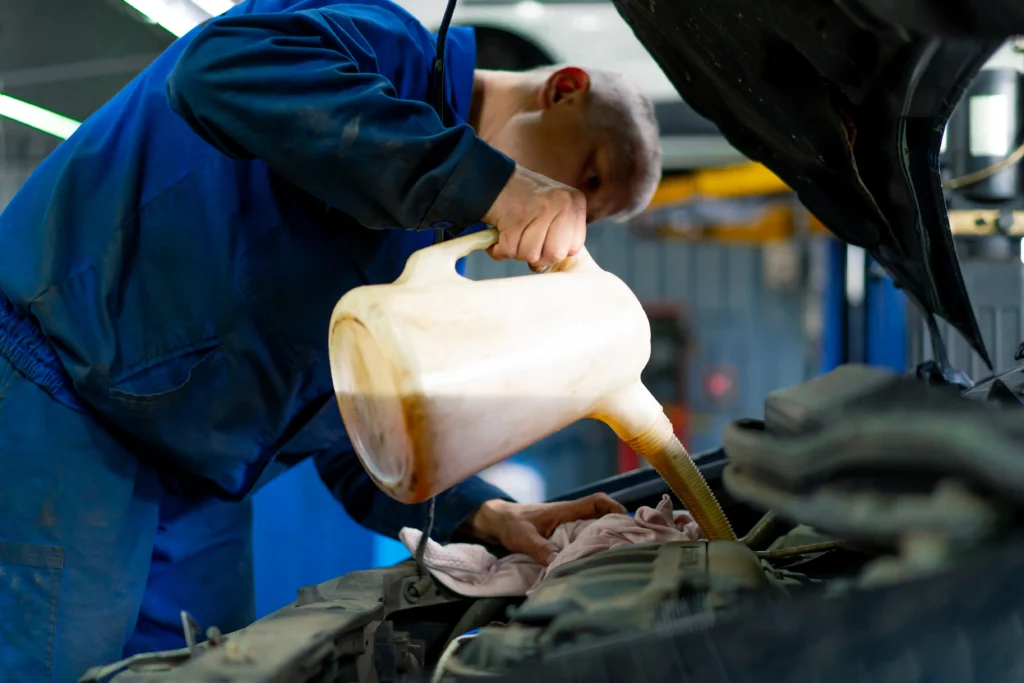
A lot of people are wondering what happens when you put gas in a diesel engine. If you accidentally put gasoline in a diesel engine, immediate action is crucial to minimize further damage. First and foremost, here’s what you need to do:
- Stop Immediately – If you realize you’ve misfuelled gasoline in diesel engine, stop the engine as soon as it’s safe to do so. Refrain from driving the vehicle to prevent further damage.
- Avoid Turning the Key – Keep the ignition off to prevent fuel from entering the engine.
- Don’t Start the Engine – Avoid starting the engine to prevent the gas in diesel engine from circulating further.
- Call for Assistance – When accidentally put gas in diesel engine, contact a professional mechanic or towing service right away for help. When assistance arrives, inform them about the misfuelling incident and that there’s a gas in diesel engine.
- Drain the Tank – The technician will likely drain the fuel tank and fuel lines to remove the gasoline or water in tank if contaminated. Or you can do it yourself, empty the fuel tank completely by either using a siphon pump or removing the drain plug from the tank.
- Check for Damage – Assess if any damage has occurred, and address it promptly.
- Refill with Diesel – After draining the gasoline in a diesel engine, refill the tank with diesel fuel.
- Test Drive – Once refueled, the technician may conduct tests to ensure the engine operates correctly.
Once the fuel system is drained, the engine may need to be inspected for any damage caused by the misfuelling. Components such as injectors, pumps, and seals could be affected. Cleaning or replacing these parts may be necessary to ensure the engine’s proper function and longevity.

Preventive Measures to Avoid Future Misfuelling Mishaps
Preventing misfuelling mishaps requires a combination of practical strategies and heightened awareness. These are some preventive measures for avoiding future misfuelling:
- Label Fuel Caps: Clearly label the fuel caps with the type of fuel the vehicle requires to avoid confusion.
- Educate Drivers: Provide training and reminders to drivers about the importance of using the correct fuel.
- Install Diesel-Only Nozzles: Use diesel-only nozzles incompatible with gasoline pumps to prevent misfuelling.
- Implement Fuel Management Systems: Utilize fuel management systems that monitor fuel usage and provide alerts for unusual activity.
- Regular Maintenance Checks: Conduct routine checks to ensure fuel caps are secure and there are no signs of tampering or damage.
- Storage Separation: Store diesel and gasoline in separate, clearly marked containers or tanks to prevent accidental mixing.
- Color Coding: Use color-coded equipment or labels to differentiate between diesel and gasoline containers.
- Training for Fuel Handlers: Train fuel handlers on proper procedures for handling and dispensing fuel to minimize errors.
The risk of future misfuelling incidents can be significantly reduced by implementing these preventive measures and maintaining strict fuel management practices.
FAQs (Frequently Asked Questions)
Can a small amount of gasoline damage a diesel engine?
A small amount of gasoline can damage a diesel engine by affecting its lubrication, reducing its efficiency, and potentially causing damage to fuel injectors and other components. It can lead to engine knocking, misfiring, and ultimately engine failure if not addressed promptly.
How much gasoline is safe in diesel?
There isn’t a precise threshold for how much gasoline is safe in diesel, but generally, any amount of gasoline in a diesel fuel tank should be considered unsafe. Even small quantities can cause significant damage to the engine and its components. Using gasoline in a diesel engine can cause significant damage because the two fuels have different properties and are designed for different engine types.
How much gas will ruin a diesel engine?
Even a small amount of gasoline, as little as 1-2%, can cause damage to a diesel engine. Larger quantities can lead to more severe damage, potentially resulting in complete engine failure. It’s crucial to avoid any contamination of diesel fuel with gasoline.
How do I get gas out of my diesel truck?
Drain the fuel tank completely to remove gas from a diesel truck. This can be done by using a siphon pump or removing the fuel tank drain plug. It’s essential to flush the fuel system thoroughly when you put gas in diesel truck to prevent any remaining gas from causing damage.
How long will a diesel engine run on gasoline?
A diesel engine may run on gasoline for a short period, typically ranging from a few minutes to several hours, before experiencing significant issues such as reduced power and knocking.
What happens if you put diesel in a gasoline engine?
Putting diesel in a gasoline engine can cause severe damage due to differences in combustion properties. The engine may misfire, suffer from reduced performance, and potentially experience fuel system damage, leading to costly repairs.
Risks of Putting Gas in a Diesel Engine
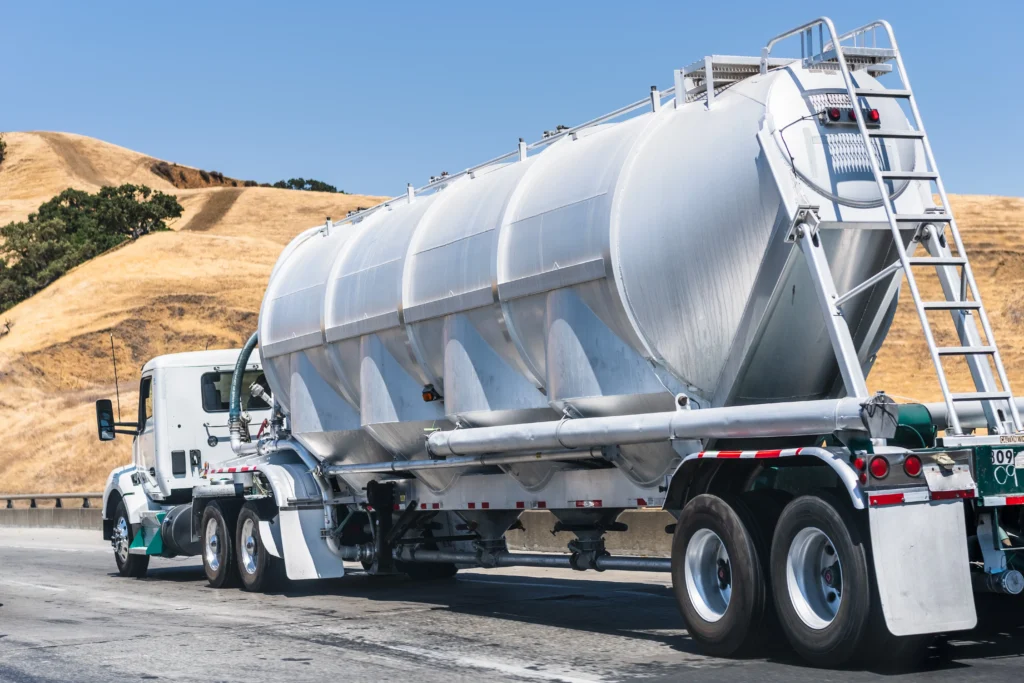
The severity of misfuelling, such as putting gas in a diesel engine, underscores the importance of using the correct fuel. Failure to do so can lead to serious repercussions, including engine damage and costly repairs.
Putting gasoline in a diesel engine can cause serious damage due to the difference in fuel properties and the way each type of engine operates. By adhering to these guidelines, readers can mitigate the risks associated with misfuelling and ensure optimal performance and longevity of their diesel engines.
Diesel delivery services, like Fuel Logic, offer convenient solutions to ensure the right fuel is delivered to your location promptly, mitigating the risk of errors.
Check our FAQs for valuable information regarding every fuel-related query.
We are just a call away; order fuel online today to streamline fuel handling and minimize misfuelling incidents.
Looking for a premium quality gasoline?
Fuel Logic offers premium quality gasoline for your equipment.

